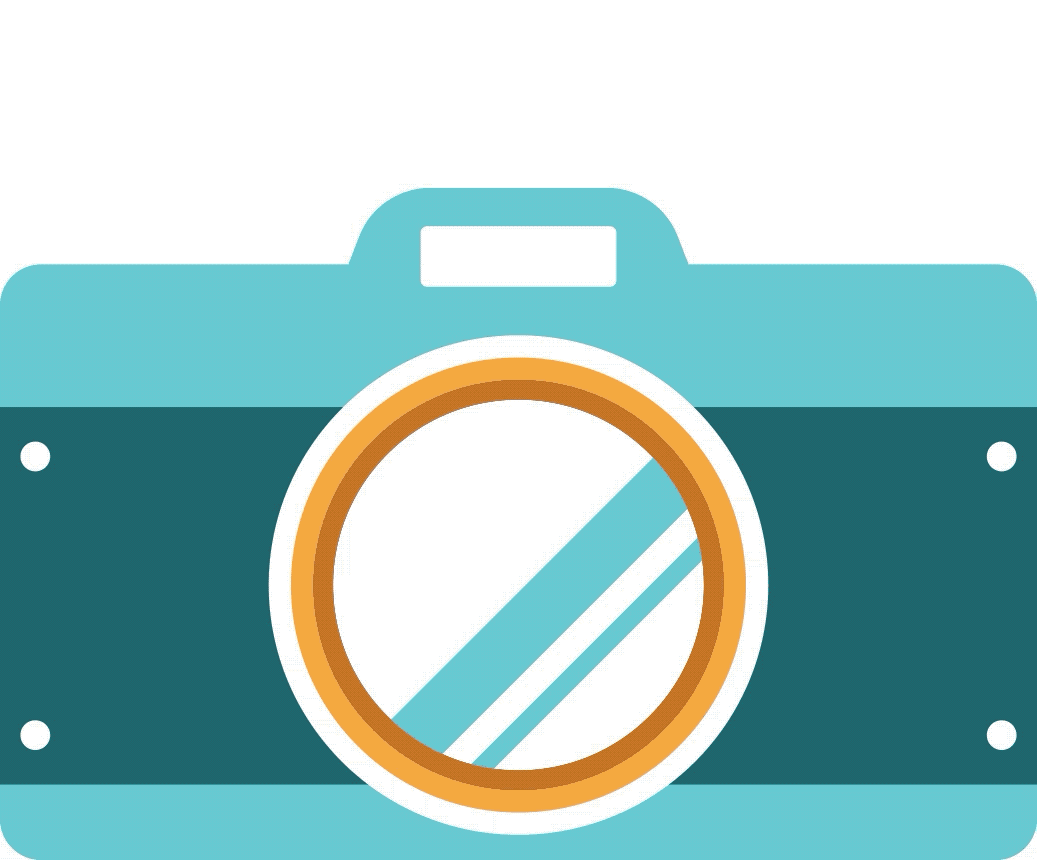Life Skills Online

“If you are on social media, and you are not learning, not laughing, not being inspired or not networking, then you are using it wrong.”
Germany Kent, Author of ‘You are what you Tweet’
In less than 30 years the internet has connected people across the planet and given us opportunities like we’ve never seen before, giving us places to learn new things and to express ourselves in new ways.
It is also becoming harder to find our way through all the stuff! There’s so much stuff! What do we trust, how do we find what we want without being manipulated, how do we stay safe…?
We’re all digital citizens now
Whether we like it or not, our online and offline worlds are more and more interconnected, and this mission is about making the most of your time online, being a good ‘digital citizen’ and helping make the internet a great place to be.
The mission is divided into 3 parts;
Critical thinking – exploring an issue
Creativity – designing a creative response
Collaboration – getting others involved
But first, here’s an introduction to digital citizenship and some important issues to keep in mind.

What is Digital Citizenship?
Critical Thinking Online
We’ve seen that seeking out different opinions and ideas is important for critical thinking and to gain a fuller understanding of the world.
Here’s a reminder about critical thinking with a focus on digital information.

What is Critical Thinking?
So you can see why it’s important to be a critical thinker online.
It’s also important to think about what kind of information we have access to.

What is an Echo Chamber?
News flash!
Fake news is everywhere.
Not only is it easy to get stuck in an echo chamber, with the same ideas bouncing around, but there is a lot of lies and fake information thrown in too.
‘Fake news’ is false information that is spread online made to look like real news. It can undermine our understanding of what’s really going on and spread nasty or dangerous information.
Being able to recognise fake news will stop you spreading it. But there are some simple things you can do:
– Check the source and ask where does the story come from and are they reliable?
– Check for fake photos
– Google it and check if the story appears anywhere else or if people have already checked if it’s credible (check that too!)
– If it uses very emotional language, especially if its trying to make you angry, then it might not be reliable

Step 1 – Think critically: Go to Facebook, Twitter or another social media network you’re part of and find 3 different opinions on an issue that you’re interested in.
This could come from a personal post, a news story, comments, a group discussion – anything, even a ‘fake news’ story. The idea is to learn about what ideas are being shared about the issue, by who, and why.
Step 2: Do a bit of research. Try and find out as much as you can about the issue using these questions as a guide:
– What are the facts – and how do you know?
– What is not known?
– What are the big questions for debate?
– Who is saying what?
Step 3 – Create: Come up with a creative way to make a positive contribution to the discussion.
For example: record a short video with some key facts and questions, design an image that exposes some fake news, or start an online conversation or group – maybe even invite a well known person to contribute!
Step 4 – Collaborate: Share with friends or groups, explain what you’re doing and why you think it is important, and ask them to join you in sharing it through their networks.
Great work!
Keep it up and continue to be a positive force online.

Take a photo or a screen shot of something from this mission and click Complete

